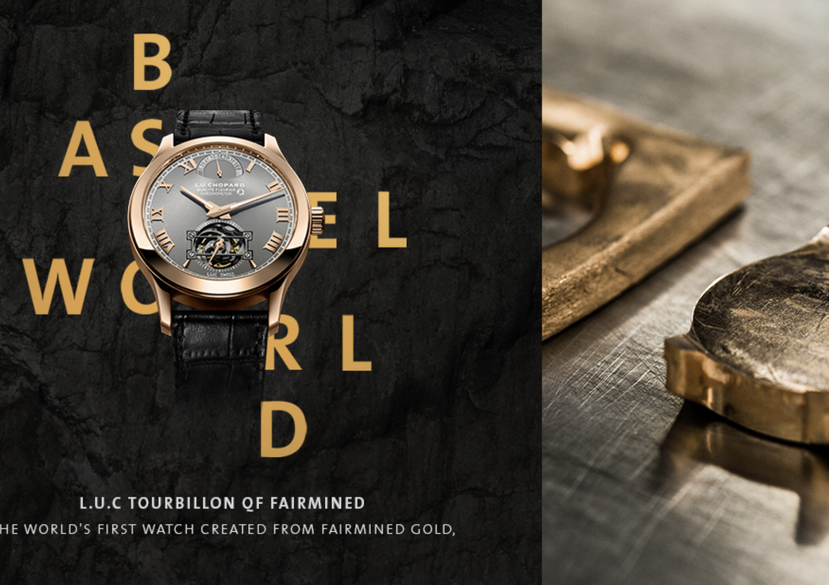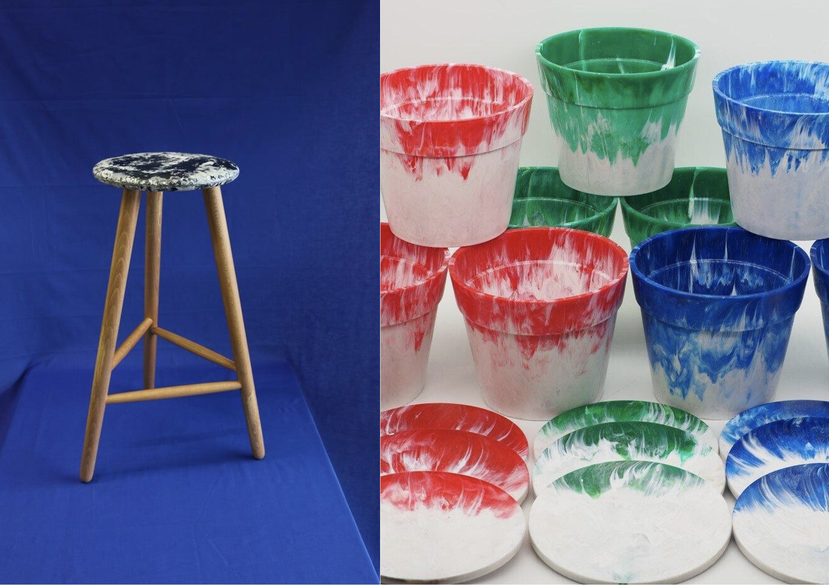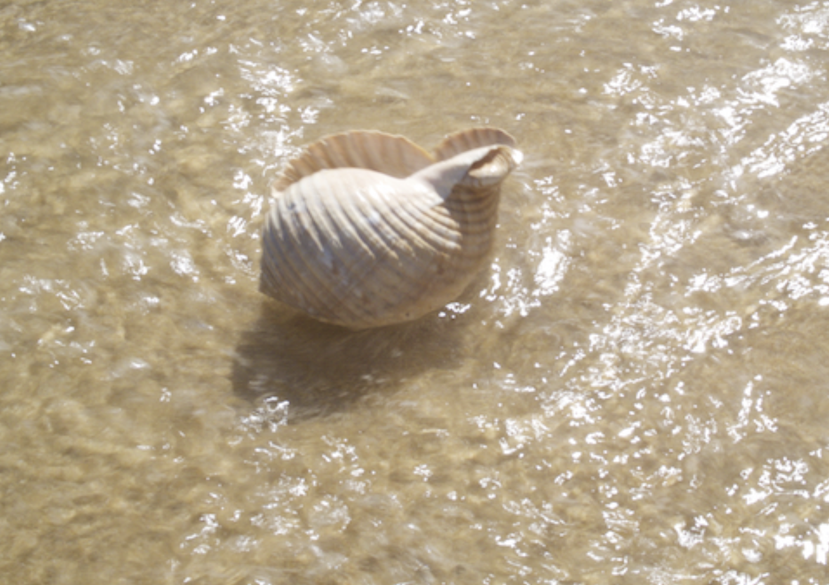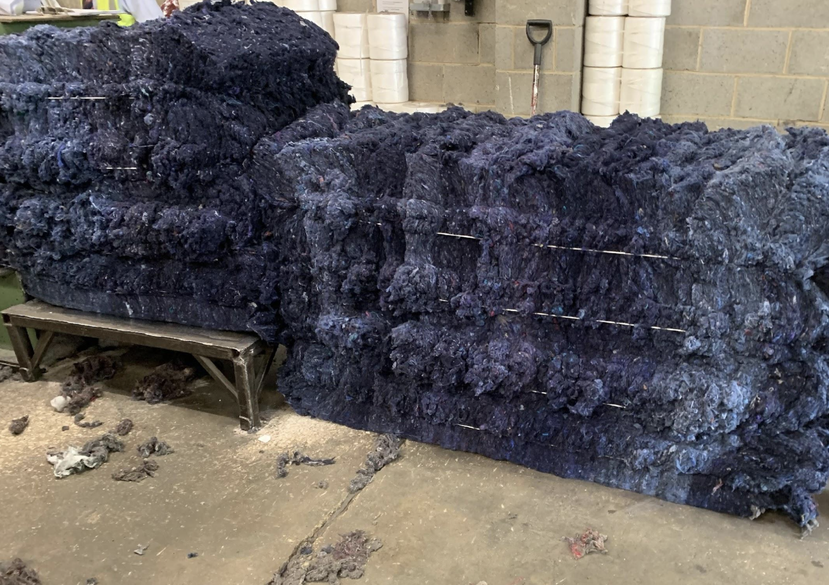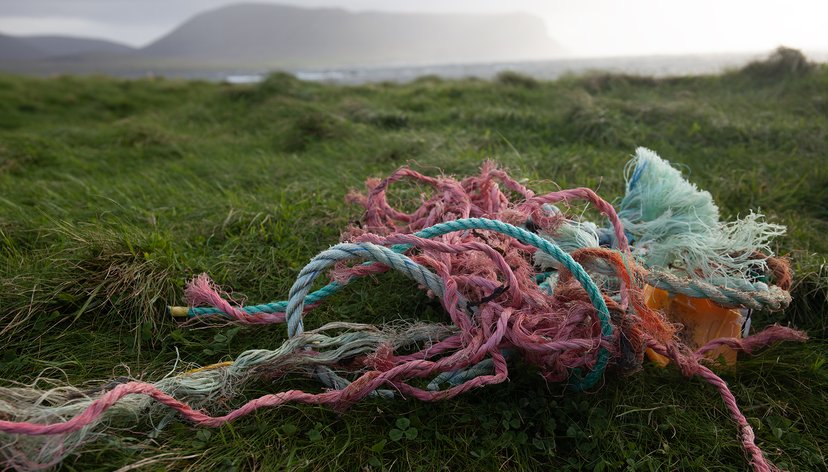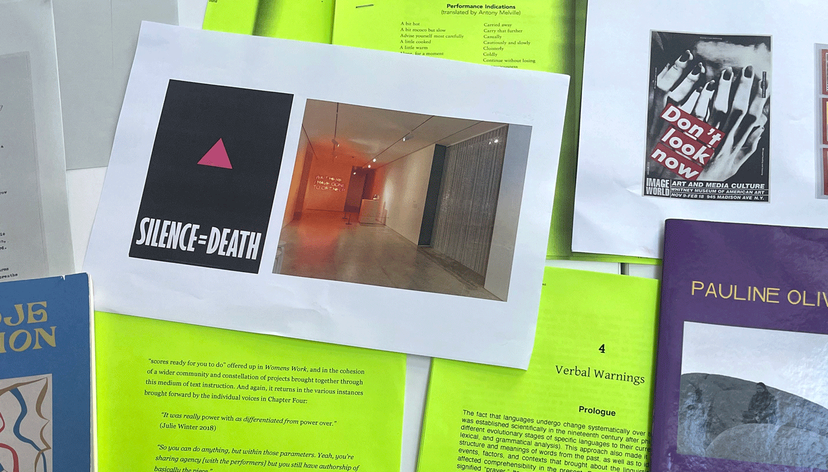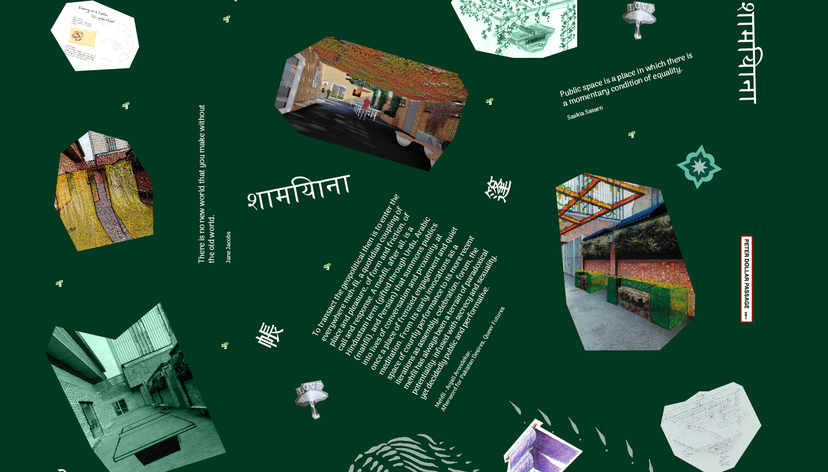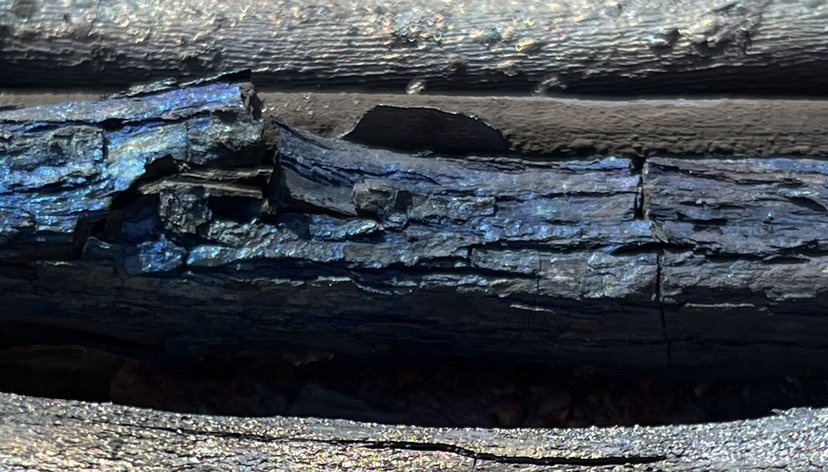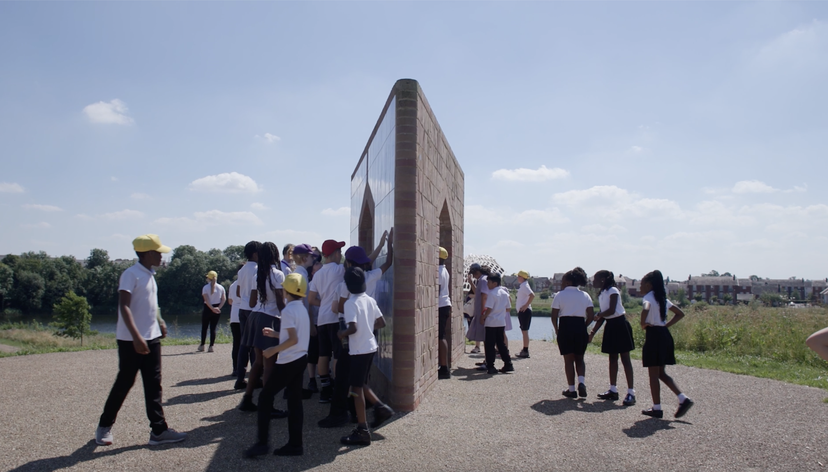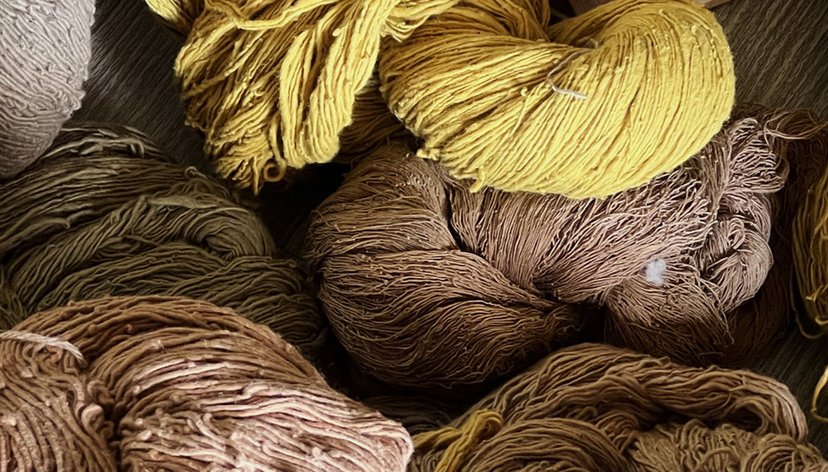
Scoping current and immanent sustainable practices across the creative industries involving the sourcing, use, disposal, recycling and reuse of materials.
At a glance
- The project is one of six funded by the AHRC as part of its Where Next? Call.
- The SMICI project’s four researchers are based at the Royal College of Art, University of Brighton, University of Edinburgh and University of Plymouth.
- The project will include a series of intelligence workshops that will be taking place across the UK during summer 2021.
- The project’s final report will help inform the AHRC’s future funding strategy.

Key details
Gallery
More information
Partners
The project is being led by Dr Peter Oakley, Reader in Material Culture at the Royal College of Art, who will be working with Dr Jules Findley from the University of Brighton, Dr Ita Jansen from the University of Edinburgh and Professor Roberta Mock from the University of Plymouth and Plymouth Conservatoire.
The research team is being supported by two advisors: Professor Geoff Crossick from the School of Advanced Study at the University of London and Dr Colin Gale from Birmingham City University.
The project proposal was supported by The Institute of Materials, Minerals and Mining; the Fairtrade Foundation; the Responsible Jewellery Council and the Alliance for Responsible Mining,
The challenge
The project will scope current and immanent sustainable practice around the sourcing, use, disposal, recycling and reuse of materials across the creative industries. These can be as direct as the supply chains for the materials an object is made from, but can also involve the procurement, use, reuse and disposal of the less obvious tools, equipment and secondary materials required by creative producers. Recognising that different creative disciplines have different prerogatives and operate under specific pressures, the research will take a discipline-led approach, whilst also acknowledging where cross-discipline activity is evident.

Our approach
The project will cover: Architectural Design (including architectural model making); Applied Arts (ceramics; furniture making; glass; goldsmithing and silversmithing; instrument making; jewellery); Design (industrial design; packaging design; product design; design for medical applications), Fashion (menswear, womenswear; accessories, including leather working), Filmmaking; Fine Arts (installation, painting, printmaking, sculpture), Museums, Galleries and Heritage (collection conservation and restoration; curating contemporary art; museum display and storage; heritage building maintenance); Photography, Textiles, Theatre and performing arts (including scenography, costume, and lighting).
The intention is to create a comprehensive record of the current positions on materials sustainability and related issues held by the spectrum of creative industries active across the UK. This will be supplemented by a series of case studies of individual initiatives from other countries, predominantly in the developing world, where improving sustainability is an evident element of the activities under examination. In both cases, reference will be made to how the identified activities relate to the United Nations' Sustainability Development Goals.
The key result will be a composite report, jointly authored by the research team, that will be submitted to the AHRC. The report will act as a benchmark of state-of-the-art sustainable practice and perceptions across the creative industries in the UK.

Activities
The project activities will include a comprehensive literature review, remote surveys and informal scoping interviews with practitioners and associated professionals working in one of more of the creative disciplines, as well as engaging with members of the creative industries through small, discipline-focused meetings and ‘intelligence workshops’ held virtually or at the project team members' institutions in Brighton, Edinburgh, London and Plymouth.
Outputs
The key result will be a composite report, jointly authored by the research team, that will be submitted to the AHRC. The report will act as a benchmark of state-of-the-art sustainable practice and perceptions across the creative industries in the UK.
Ask a question
Get in touch to find out about School of Arts & Humanities research projects.
[email protected]


